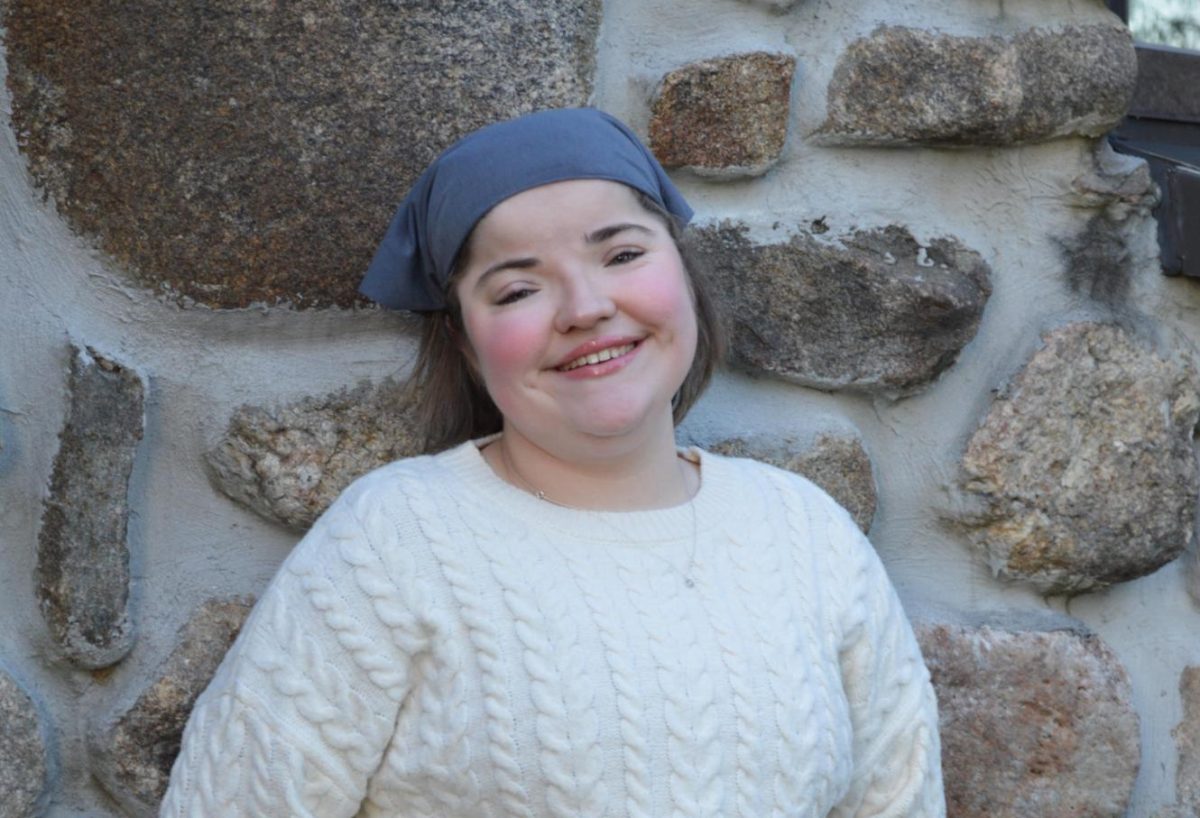
First days of school. Dance competitions. Major surgery. Very different situations, but they all have something in common: they all come with unknown outcomes that can cause stress in one’s life. Anyone who knows me, knows that I like a plan. Ever since I was little, and even now, asking what comes next, or what the plan for the day is, is a regular thing. My mom always asks “Why do you have to know everything?”, or say something like “We are just going to go with the flow today.” And yes, I know she means well, and so does anyone else who says something similar, but I can’t help but feel upset. Knowing what is going on, or is going to happen is a coping mechanism for myself. I didn’t know that then, but now I do.
I was born with a genetic condition called Saethre-Chotzen Syndrome. Both my younger brother and I inherited it from my dad, and he inherited it from his mother. This condition affects about 1 in 25,000 to 50,000 babies, so to say it is rare is an understatement. It is characterized by craniosynostosis – when the skull bones fuse too early and affect the growth of the head and the shape of the face, and has majorly affected my hearing, vision, and development. Since I was six months old, I have undergone eight surgeries on my head, both major skull reconstruction and cosmetic surgery. I now reside with hair loss on my head, due to a build-up of scar tissue and hair follicle loss.
I have lived a life of unknowns. Almost every single doctor’s appointment with my surgeon came with bad news, and those appointments quickly became anxiety-inducing. Every surgery had its risks, along with its failures. To this day, I still have doctors visits with upsetting news about a tissue expander becoming infected, or delays to a procedure that was supposed to be months ago because my head was deemed too “unstable” to operate on. After going through such medical trauma, about 10 years ago, I was diagnosed with anxiety.
Although I have anxiety, I try hard to not let it control me. Presenting in front of a class made me feel dizzy, and I would do anything to get out of them, including extra schoolwork. Now, after several years as a staff member, I am now Editor-in-Chief of the Colonel Chronicle, my school’s newspaper, and it is one of my biggest academic accomplishments to date. I am so proud of the work I, as well of the rest of the team, has done in creating an informative weekly product that highlights the many successes at our school. I also have performed a solo at dance competitions every year for the past 5 years. Although it’s incredibly anxiety-inducing, it feels good to be able to showcase my talent, and to be able to do something I enjoy, even though it seems scary at first.
This also means that going to college is incredibly anxiety-inducing, as it is an extreme unknown. Although everyone experiences this, I think back to my younger self, sitting terrified among several tall doctors in white coats. She is about to face so many unknowns and challenges in her future. But she is going to be okay.
I always think about what my life would be like if I wasn’t born with this genetic disorder. Maybe I would be playing a different sport, perhaps I wouldn’t be as involved in school as I am. But what I do know is that I wouldn’t be able to handle this transition of life with grace. I am so proud of where I am now, and although I know it is going to be tough, I can do it. Unlike my younger self, I can go with the flow, and have no plan. I am now ready to face the unknown.
Here’s what Sarah said about her essay:
When I first started thinking about my college essay, I was coincidentally in the car with my mom, driving home from a post-operative appointment with my doctors. For a long time, I had a feeling that I would write about my experience living and thriving with a rare genetic condition because it has been such a pillar of who I am, but I obviously never thought about it that deeply.
Then a few days later, the TikTok algorithm must have been listening, because it started to put videos on my for you page on what not to write about, and medical conditions was right at the top of every list. So then I went back to square one. But as I wrote my essay, my ideas were way too broad, and weren’t connecting the way they should’ve, but each idea kept circling back to the idea of how my life has been impacted for the better by living with a rare condition.
As my essay got to its second or third draft, I finally realized that the TikTok algorithm was wrong, and that maybe the cliche ideas are cliche for a reason. I started to focus directly on my medical condition, and eventually developed my ideas into how it has contributed to my anxiety. I was a little scared at first to share my battle with anxiety, but I realized that that is a large part of who I am, and has been a large part of me since I was eight years old.
My biggest piece of advice about writing a college essay would be to listen to your gut. It was extremely vital for my essay, and in many situations, the gut thought is always right. The college essay is meant to showcase you, so focus on the parts that make you you, and write about it.